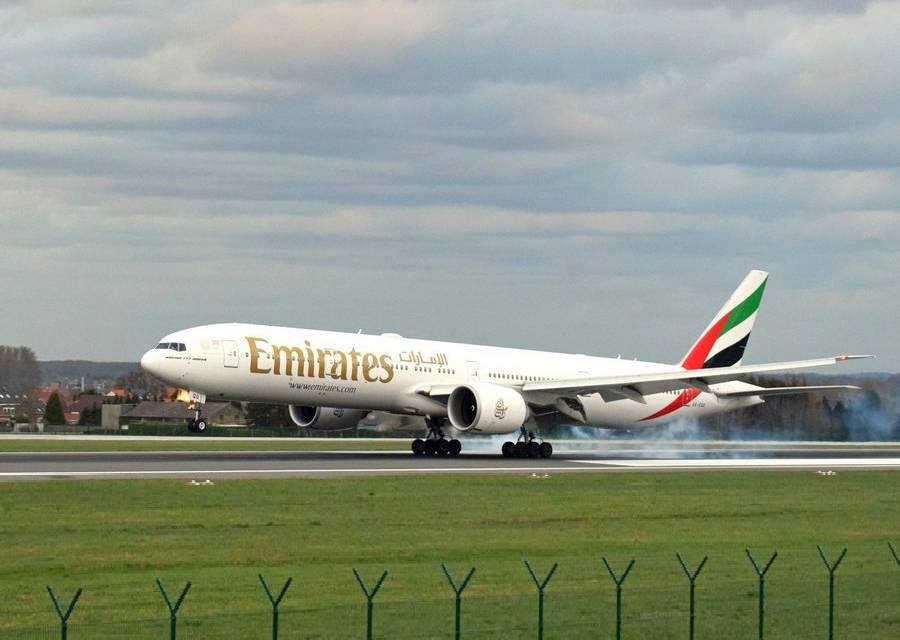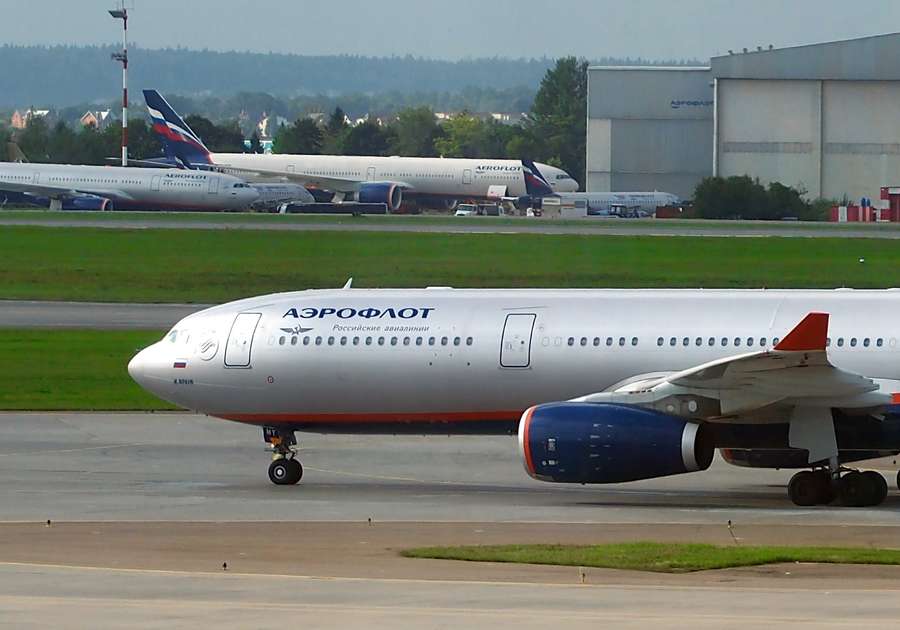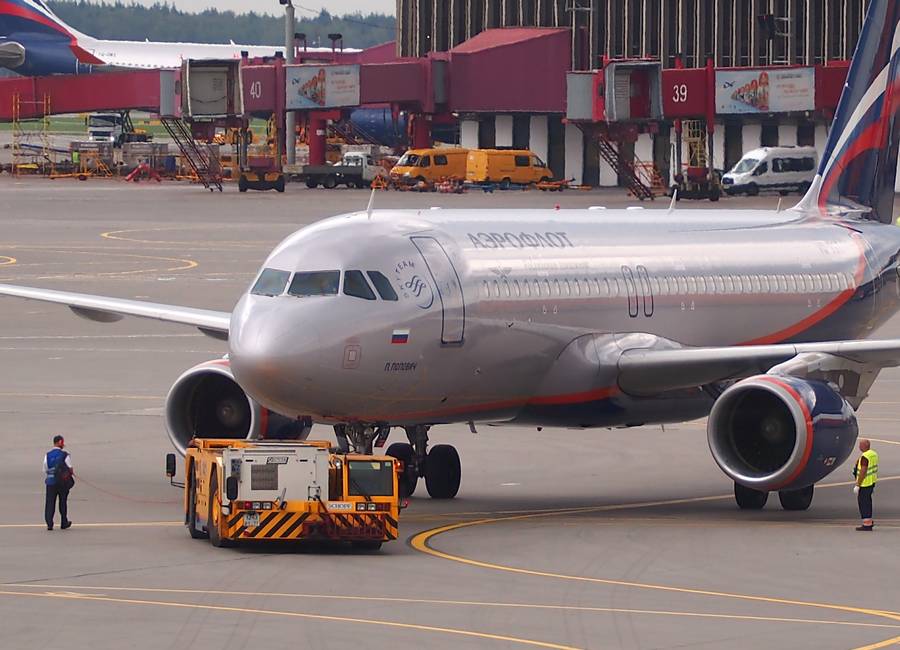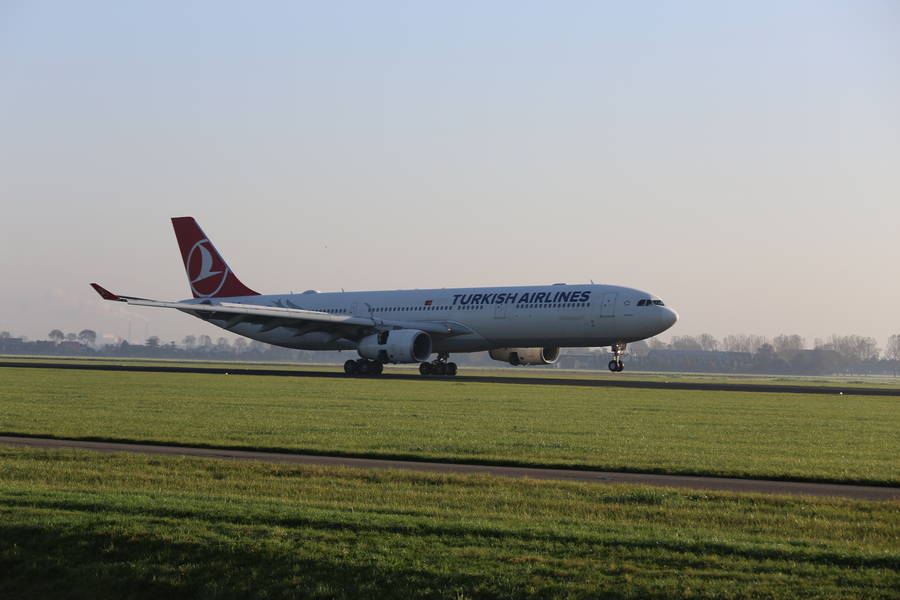Despite the absence of the vast majority of foreign airlines from Russian airspace, Aeroflot is calling for state protection from competition.
Russia’s invasion of Ukraine brought about international sanctions from many countries that previously had strong aviation links to Russia. These included the United States, the European Union, and Canada. Airlines from these countries are not flying into or overflying Russia, as we have seen. Conversely, Aeroflot and other Russian carriers aren’t flying to or overflying these countries.
Of course, this means that Russian airlines face severe challenges since they have lost a big portion of their network. This is a topic that we have looked at on several occasions this year. But one area that we missed was how Aeroflot and others deal with competition from foreign carriers that still fly into the country.

With travel links to Europe and North America gone, and airspace restrictions limiting access to many more destinations, Russians have changed their traveling habits. Aeroflot CEO Sergei Alexandrovsky says that the Russian carrier now sees stiff competition from operators like Emirates and Turkish Airlines.
Aeroflot: Competition Has More Opportunities
The Aeroflot CEO called Russian authorities to take a closer look at the kind of competition that the carrier sees. He said that it is “important that the state balances the interests of Russian and international carriers”. Without going into any detail, Alexandrovsky stated that foreign carriers enjoy “more opportunities and advantages” than those in Russia.
The country’s carriers still face many operational difficulties, as we have seen. Unlike their competition, Aeroflot and others have no access to spares and maintenance centers outside Russia. The country’s authorities hope to use state funds to buy aircraft from lessors, a move that could make parts for them available – eventually.
A transfer of ownership would also allow Aeroflot to fly aircraft into non-sanctioning countries that may be reluctant to handle the jets at their airports, for fear of getting hit by trade sanctions themselves.

It is difficult to judge the state of Russia’s aviation in these conditions. Competition aside, flag carrier Aeroflot used to benefit from the overflight fees of other carriers, entering the country. The Russian state has announced support packages for airlines and airports, as well as the country’s aviation industry. But it is unclear if there are funds in place to maintain this support in the long term.





